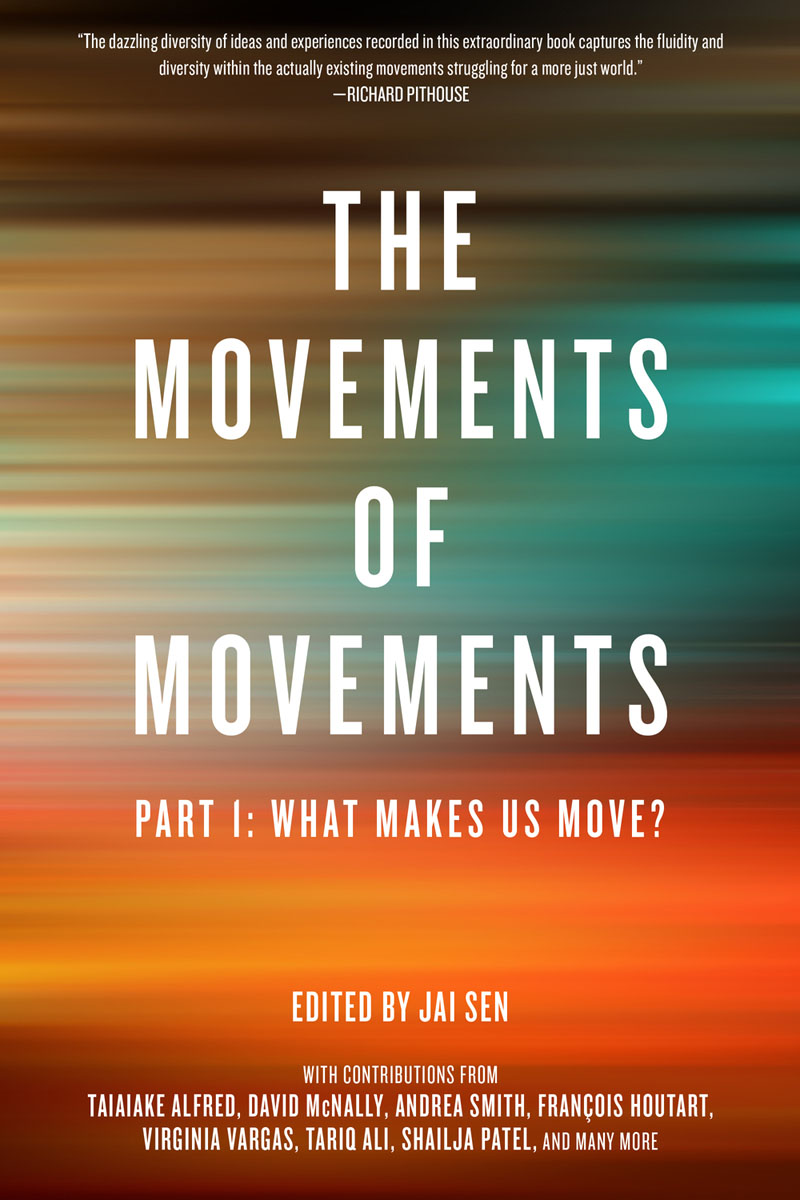
Praise
This collection offers a thought-provoking opportunity to parse multiplicities and recent directions in global justice organizing. Sens framing in this book sets us up to take stock of two decades of social and political movement in terms of dynamic motion: Not only as strategy and organization, but as kinaesthetic experience, embodied transformation through space and time. The nuanced, critical emphases on indigeneity, spirituality, gender, and ecology, rich with specificity and insight, locate us unmistakably in our present moment with its lessons gleaned of recent history and praxis, even while bringing us full circle to the themes introduced an unbelievable twenty years ago. We shall not be moved. We shall move. We shall keep moving.
Maia Ramnath, teacher, writer, activist, and dancer/aerialist; author of Decolonizing Anarchism
An important contribution to a developing internationalism that doesnt assume that the North Atlantic left has all the answers for the rest of the world and which recognizes that emancipatory ideas and practices are often forged from below. Refreshingly free of tired dogmas, non-sectarian, taking internationalism seriously, and reaching back to 1968, the book provides a bracing window into some of the central ideas to have emerged from within movements in the sequence of struggle that unfolded from 2006 to 2010. This book will be useful for activists and intellectuals in movementbe they in universities, parties, trade unions, social movements, or religious organisationsaround the world.
Richard Pithouse, researcher and lecturer in politics, Rhodes University, Grahamstown, South Africa
Someone once suggested that movement cannot be thought, it has to be lived. In other words, social movementsthe coming together in processes that build the power to bring about changestem not from any kind of blueprint that can set out an ideal for the world we ought to live in, nor can there be a simple step-by-step guide on how to get there. At the same time, there cant be movement without a collective effort to understand the shared and embodied experiences that constitute it, along with the problems, concerns, and trajectories that arise in struggle. Its this kind of critical reflection that the authors assembled in this volume undertake, providing intelligent and engaged analyses that avoid any stifling dichotomies, whether between theory and practice, activism and academia, or indeed between thinking and feeling. Possible futures, right now in the making, become legible in how The Movements of Movements doesnt shy away from the complex and unsettling issues that shape our time, while thinking through struggles for social and ecological justice in the wider contexts of their past and present.
Emma Dowling, Senior Researcher in Political Sociology at the Institute for Sociology, Friedrich-Schiller-University Jena, Germany
OpenWord is about open publication, and sees itself as a contribution to the wider struggle for making knowledges open for people across cultures and languages and on as many and as wide platforms as possible.
In this book, there are two broad categories of essays: Open and Restricted. You are free to re-usefor non-commercial purposes onlyall those essays that have the OpenWord logo  on their opening page. For all other essays, check endnote 1 in each essay.
on their opening page. For all other essays, check endnote 1 in each essay.
In all cases, please make your work available to others just as we are doing for you, and please acknowledge your source and the respective authors.
The Movements of Movements, Part 1: What Makes Us Move?
2017 This collection as a whole, Jai Sen
2017 The individual essays, the respective authors
2017 This edition, OpenWord and PM Press
The Work is published and made available on a Creative Commons License, Attribution-NonCommercial-ShareAlike 4.0 International (CC BY-NC-SA 4.0).
Volume 4 in the OpenWords Challenging Empires series
ISBN: 978-1-62963-240-7
Library of Congress Control Number: 2016948146
Editor: Jai Sen
Contributing Editor: Peter Waterman
Associate Editor: Madhuresh
Content Editors: Parvati Sharma, Vipul Rikhi, and Jai Sen
Text Compilation: Jim Coflin
Cover: John Yates/stealworks.com
Layout: Jonathan Rowland
Wordle Illustrations: Christina Sanchez and Yih Lerh Huang
PM Press | OpenWord |
P.O. Box 23912 | R-21 South Extension Part II - Ground floor |
Oakland, CA 94623, USA | New Delhi 110 049, India |
www.pmpress.org | www.openword.net.in |
10 9 8 7 6 5 4 3 2 1
Printed in the USA by the Employee Owners of Thomson-Shore in Dexter, Michigan www.thomsonshore.com
This book is dedicated to
Peter Waterman
(January 26 1936June 17 2017)
Friend, comrade, compaero, and fellow birthday bearer for the past thirty-five years;
labour internationalist, cyberian, feminist, and feisty and fearless, always.
And to his indomitable spirit and infectious humourand to the optimism of his will.
May those live on forever!
JS
Contents
0
INVOCATIONS
Shailja Patel
Jai Sen
1
MOVEMENTSCAPES
David McNally
Fouad Kalouche and Eric Mielants
Andr C Drainville
Tariq Ali
Taiaiake Alfred and Jeff Corntassel
Andrea Smith
Xochitl Leyva Solano
THE MOVEMENTS OF MOVEMENTS: STRUGGLES FOR OTHER WORLDS
Anand Teltumbde
Jeff Corntassel
Xochitl Leyva Solano and Christopher Gunderson
Roma and Ashok Choudhary
Emilie Hayes
Virginia Vargas
Lee Cormie
Franois Houtart
James Toth
Roel Meijer
Peter Waterman
Cho Hee-Yeon
Emir Sader
Daniel Bensad
Peter North and David Featherstone
Guillermo Delgado-P
Alex Khasnabish
Laurence Cox
Acknowledgements and Credits for The Movements of Movements, Part 1: What Makes Us Move?
Jai Sen
Content Editors
Beyond the features discussed in the Introduction, an important background feature of this book (and of all the books in the Challenging Empires series to which this book belongs) has again been the intensive and extensive background work that has gone into the preparation and finalisation of the essays we are publishing. The Content Editors for this bookand I as editorhave tried to work closely with our authors in helping them more fully develop and articulate their ideas, and I have therefore of course been very happy indeed that so many of our authors have appreciated this and said that they have rarely experienced this degree of attention. Most of the credit for this goes to our Content Editors, Parvati Sharma and Vipul Rikhi, and I warmly thank them for their contributions to making this book what it is.
Since this book is being published in two partssee the IntroductionI here list acknowledgements and credits only for the material in Part 1. The chapters are listed here in alphabetical order by the authors surname:
Parvati Sharma, for:
James TothLocal Islam Gone Global: The Roots of Religious Militancy in Egypt and its Transnational Transformation
Parvati Sharma and Jai Sen, for:
Next page
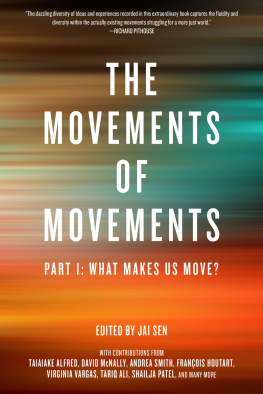

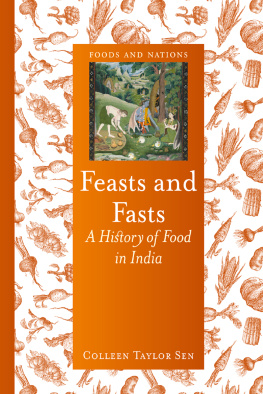

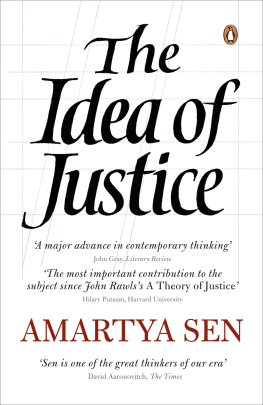
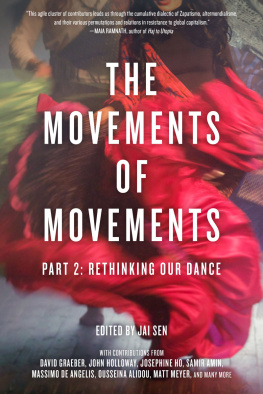
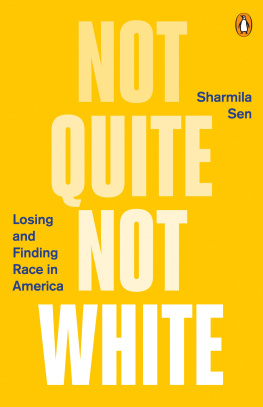











 on their opening page. For all other essays, check endnote 1 in each essay.
on their opening page. For all other essays, check endnote 1 in each essay.